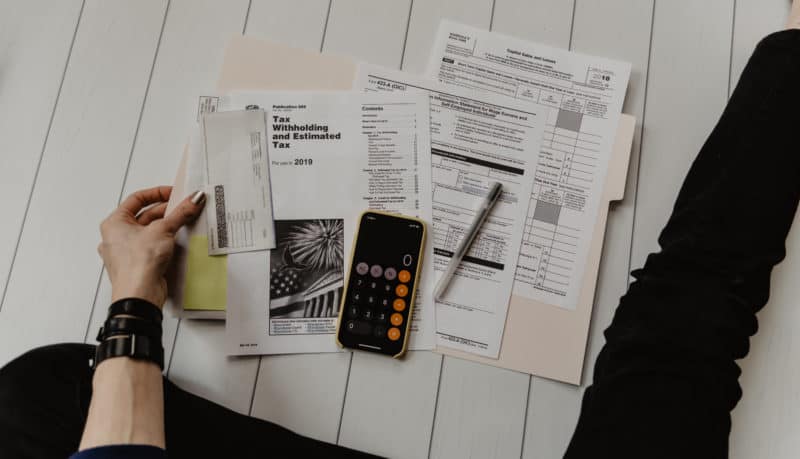Divorce is a complex and arduous process not just legally, but also mentally and emotionally. What can be helpful is thoughtful planning and taking it one step at a time. Once you’ve made your final decision to end your marriage, start making plans as there are many aspects to consider and situations to resolve.

One such issue is what happens to the vehicles in your family. Typically, if there was one car in the family, one of the partners will get it. Even if there were two cars, the judge may decide for both of them to go to one partner. It depends on the specific circumstances, but it likely leaves one party having to purchase another car, used or new.
If you’ve found yourself in this situation, here are several important tips about buying a car after divorce.
Focus on your budget

The general recommendation is not to spend more than 20 per cent of your gross monthly income on expenses relating to your car. This includes the gas, car payments, insurance, parking and car maintenance. The next step is to evaluate your needs and driving habits. In this way, you’ll be able to determine what type and category of vehicle you should buy. For instance, you’ll have to decide whether to choose a compact car, standard sedan, an SUV, two-door coupe or maybe a pickup truck.
Another important consideration is what the car will be used for – is it mainly to commute alone, is it a short or long commute, or will you be taking young kids around town? Consider the importance of fuel economy, passenger space and storage capacity.
Only after you’ve clearly determined your needs, you can take your wishes into consideration, and this includes optional accessories you’d like to have in your new vehicle to customize and enhance the driving experience.
If you don’t need to use the car daily, consider alternate car ownership such as car share. You get to use the car according to your necessity, but without the expenses and responsibilities of actual car ownership. You have access to a range of cars that you can drive by the hour or day, and you only pay for what you use. You don’t have to worry about car repayments, registration, maintenance and petrol – it’s all included.
Determine your credit score

It’s likely that you’ll have to apply for a car loan and one thing that has a direct impact on it is your credit score. Two things you’ll need to determine are the approximate value of your trade-in, and how much of a down payment you’ll be able to afford.
If your divorce has left you with a low credit score and not-so-impressive income history, you’ll have to put in some extra effort before buying a car. The first step to take is to review a copy of your credit report and look for problem areas such as debts. In a divorce, any joint debt you held with your former spouse still continues to be reported on both your credit reports until the obligation is settled or one of your names has been removed from the contract. For instance, if you still hold a joint car loan, even for a car that’s no longer yours, and your former partner is late paying or has stopped paying their share, their actions still affect your credit score.
Credit experts suggest you work with your former spouse to have your name removed from outstanding debts, and from the title of a vehicle you are linked to but no longer possess, to make sure your credit history is considered separately from theirs.
Once you start looking for another car, shop around for the best car financing deals and rates. New car dealerships don’t always offer the best deals, so check with your local credit union or bank, and search online for the most affordable financing opportunities.
Consider lifestyle changes with divorce

During your married life, you may have enjoyed a luxurious lifestyle, driving to events or going to the grocery store in an expensive sedan or an SUV.
After the divorce, the two incomes have to support two households and cover double expenses, particularly if there are children involved, so this often means you have to give up your expensive car and replace it with two more practical and economical versions. One thing is for sure – lifestyle changes that come after the divorce impact all your spending, including what you drive and how much it costs you.
Consolidating your life after divorce is certainly challenging as there are many aspects to consider, including the possibility of buying a new vehicle. However, this doesn’t have to be a tiresome, lengthy or confusing process. With tips listed here, you can get the car you deserve and need, even if your credit was compromised by the divorce and your lifestyle changed dramatically.


